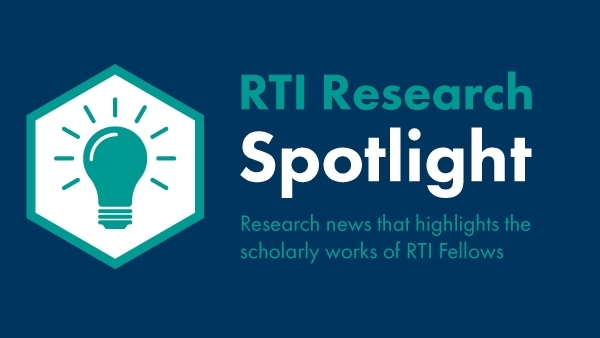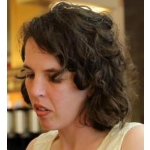In fall 2016, I submitted a poster abstract to MLA ’17. My goal was simple: I wanted to see what point-of-care (POC) products health sciences libraries offered, how libraries promoted POCs, and if they used POCs in classes. I learned that many librarians did not use POCs in classes, but they did mention POCs during orientations with students and new faculty members.
I used the results of this original study that was published in the Journal of Hospital Librarianship to inform my 2018–2019 MLA Research Training Institute (RTI) project with medical students at the University of Toledo. During my year at the RTI, I did a mixed methods study with a survey and interview component. This follow-up study, published in Medical Reference Services Quarterly, showed that students do not recognize POCs when librarians refer to them but do identify names of POCs (e.g., UpToDate). Further, medical students, who are introduced to POCs in years one or two, remember the POCs, and some even use them for fact checking instead of relying on Google Scholar.
By calling UpToDate a medical information tool (MIT), first-year medical students begin to recognize the difference in the types and quality of information available in databases and MITs. When they get stuck searching in PubMed, they usually contact me instead of searching Google Scholar.
Because of the above projects, I was able to restructure how I teach medical students at the University of Toledo. I now have a better rapport with students, and they, in turn, are more comfortable asking me questions.
* Margaret A. Hoogland, AHIP, is a fellow of the 2018 MLA Research Training Institute (RTI), and this project was the focus of her research. The RTI project was made possible in part by the Institute of Museum and Library Services (RE-95-17-0025-17).




